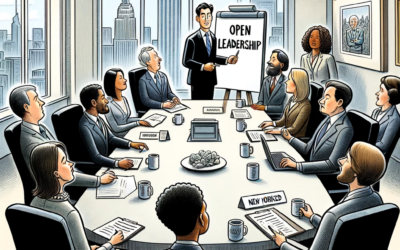Last night Jim McCarter, President and CSO of Divergence, a company that is solving major issues in the agriculture world by eliminating nematodes from our food supply, and I went to a fundraiser at Bill Danforth’s home in St. Louis. We were there to meet Secretary of State Robin Carnahan who is running for the US Senate seat in Missouri, following a long tradition in her family. Carnahan was sworn in as Missouri’s 38th Secretary of State in January 2005. “Carnahan’s family has a lengthy history of devotion to public service. Her father, Mel Carnahan, served as Missouri’s State Treasurer, Lt. Governor and Governor, and her mother, Jean Carnahan, was the first woman to serve Missouri in the U.S. Senate. Her grandfather, A.S.J. Carnahan, a congressman from south-central Missouri for fourteen years, was appointed by President John F. Kennedy to be U.S. Ambassador to Sierra Leone in West Africa.” According to her website.
What was a treat for me was that Dr. Bill Danforth, one of St. Louis’ most distinguished academic leaders and philanthropists, had invited what seemed like the hall of fame of the medical community. Jim and I started up a conversation with Dr. Phil Needleman, a former professor at Washington University School of Medicine where Jim had gone to school. Dr. Needleman made the difficult leap from academia into industry by becoming a top pharmaceutical R & D executive. This career led him to become a key developer of Celebrex helping 10s of millions of patients gain critical relief from pain.
“Philip Needleman spent 25 years at Washington University School of Medicine, where he was professor and chairman of the department of pharmacology. In 1989 he moved to industry, becoming senior vice president of Monsanto. In 1993 he became president of Searle Research and Development. He was also senior executive vice president and chief scientist of Pharmacia from 2000 to 2003.” According to the National Academy of Sciences.
Standing back and listening to Phil and Jim discuss Divergence’s latest findings was like watching a laser cut through ice. Dr. Needleman went right to the heart of Jim’s research and ascertained exactly what the next steps were and what progress would be made over the coming months. When we stepped away Jim explained to me that Dr. Needleman has a reputation for solving scientific problems in a rapid-fire manner. Meaning that when he looks at all the many issues associated with development of a drug, he determines which experiments could prove in the near-term that a project is headed for failure versus other experiments that just fill in the blanks but aren’t likely to doom the project. He is famous for saying, “What is your killer experiment to prove your point?” In other words what is the experiment that will validate or invalidate your point of view? When we spoke he was very clear, “I don’t go for the jugular (vein). I go for the carotid (artery) – it kills you faster.”
Many researchers don’t want to tackle the killer experiment because they are afraid of the answer. Not Dr. Needleman. He goes after the ones that will put him out of business first rather than getting stuck at the end of the development cycle only to find out it does not and will never work.
In manufacturing, this would be what is know as the theory of constraints where we attack the biggest bottleneck first, apply all resources against that issue and then and only then do we move to the next bottleneck. The difference is, in R&D all these are mental bottlenecks because the invention is still in progress. Dr. Needleman said to us time is much more important than other resources. You are in a competition for a new drug that will help people and build your company. You have a 70 month time horizon from start to trials and if you can identify early if the experiment is going to fail and learn your search will not bear fruit, you will save the organization both lives, time and money. He suggests that leaders in these organization need to have a great deal of courage because the bets are big and if enough of them don’t work then your position needs to be eliminated.
What is your killer experiment?



